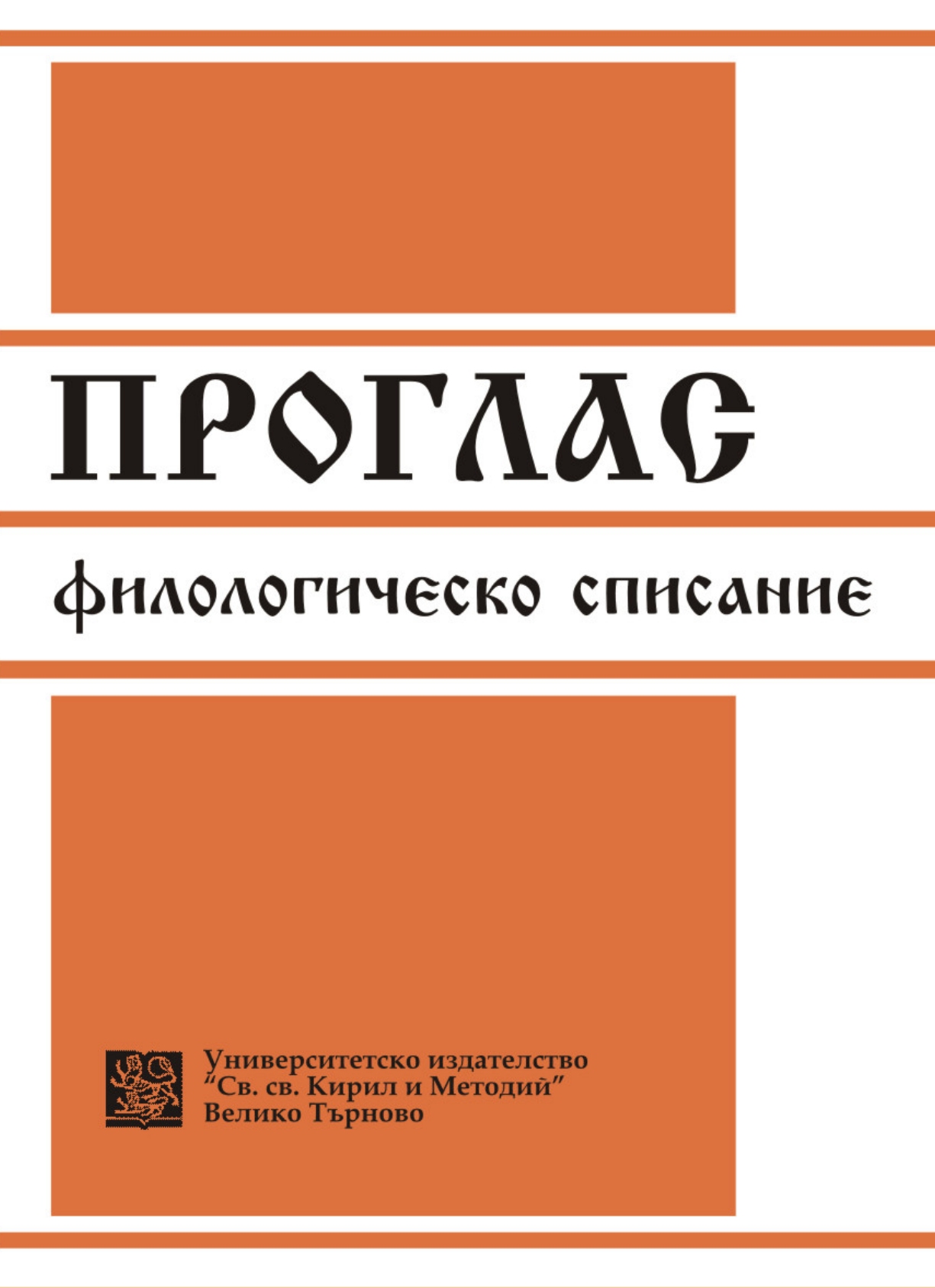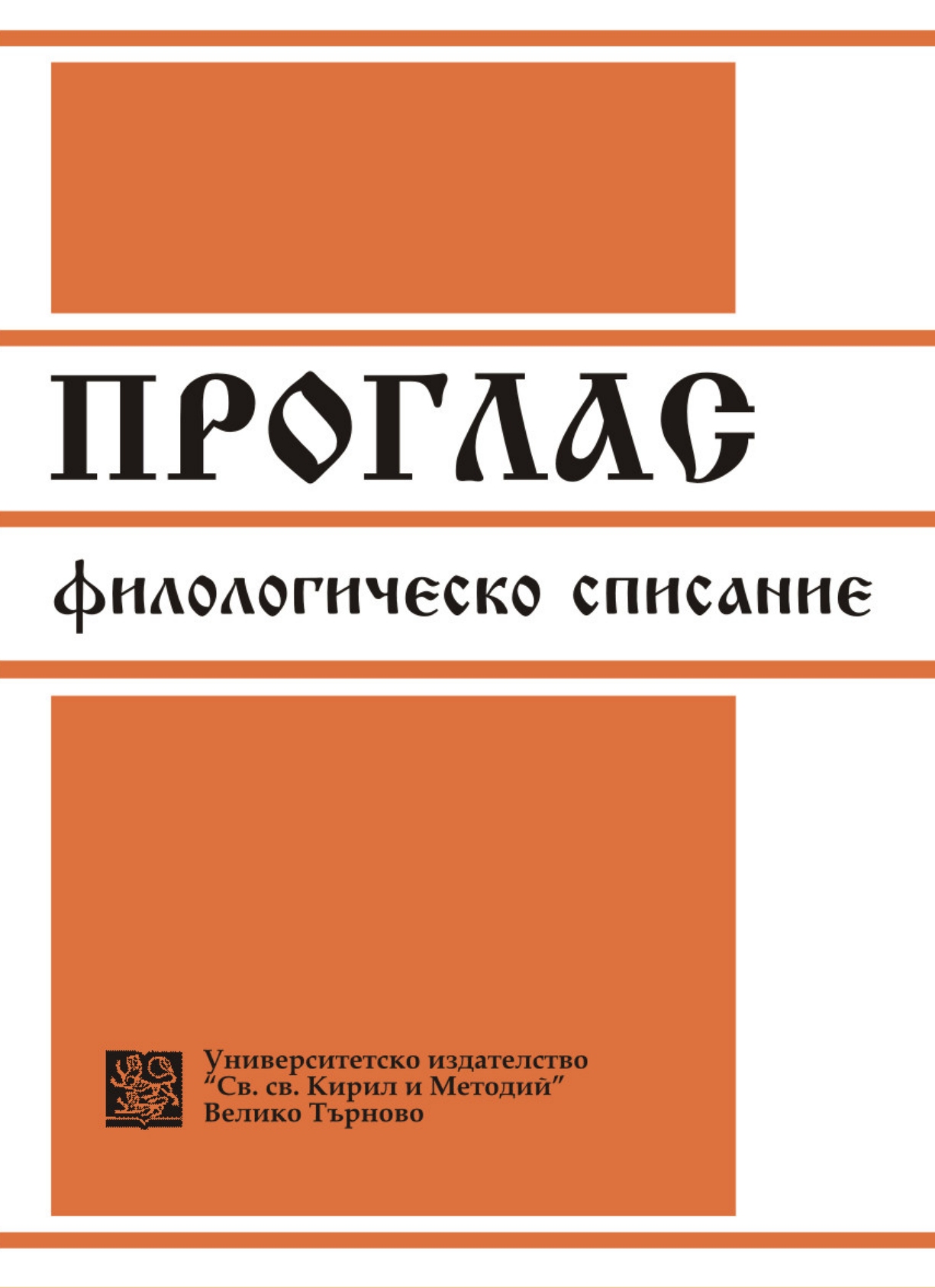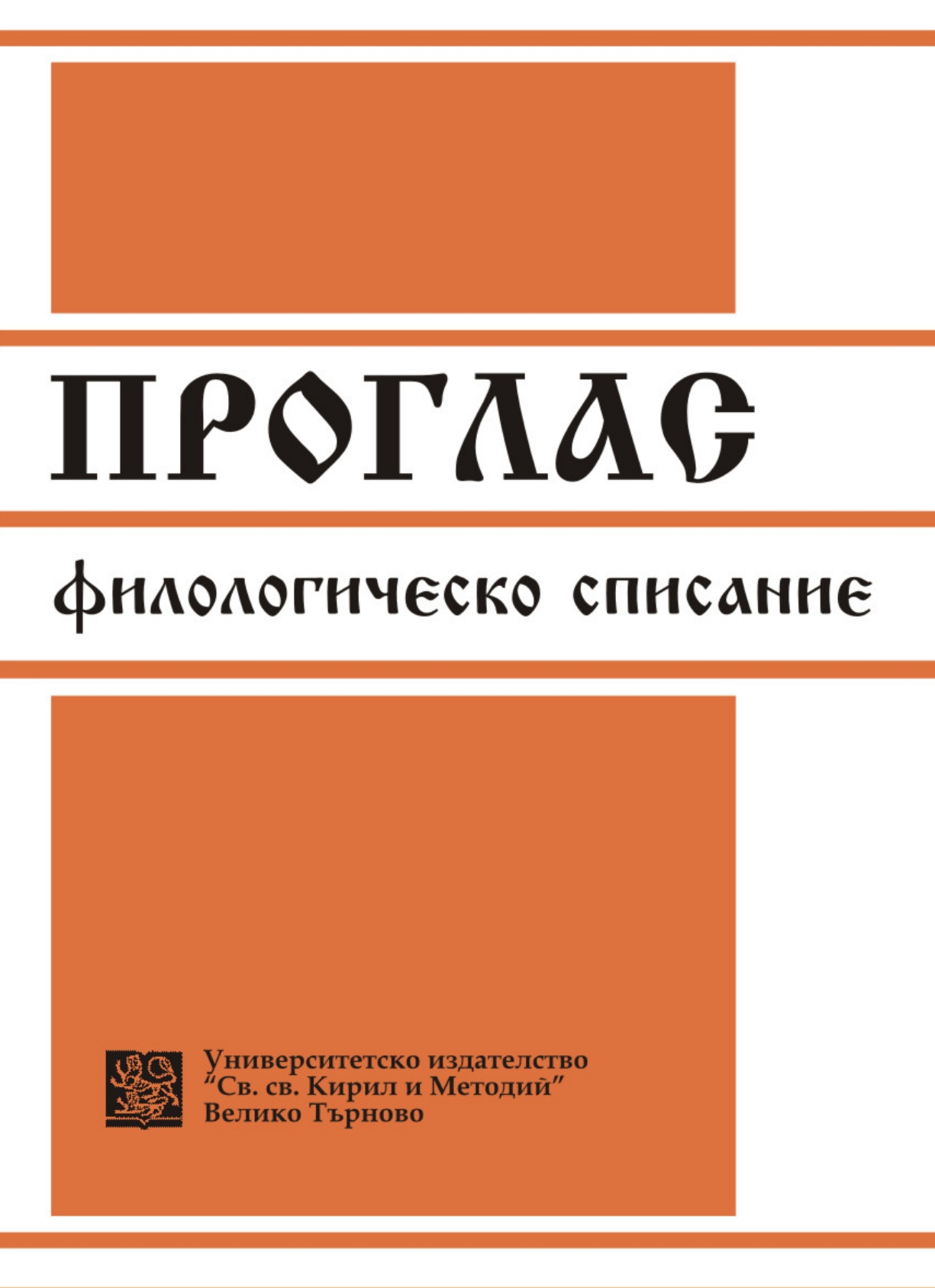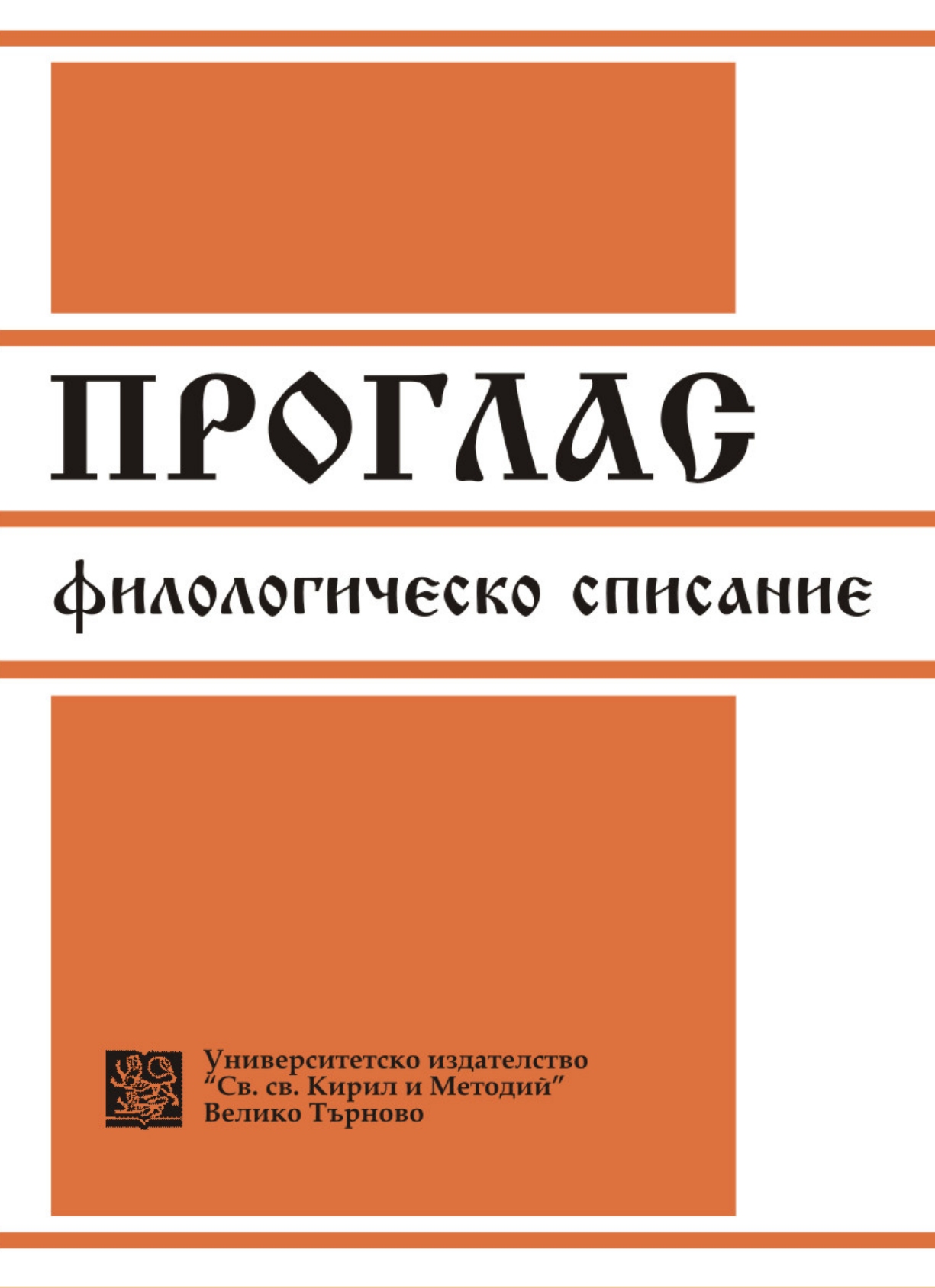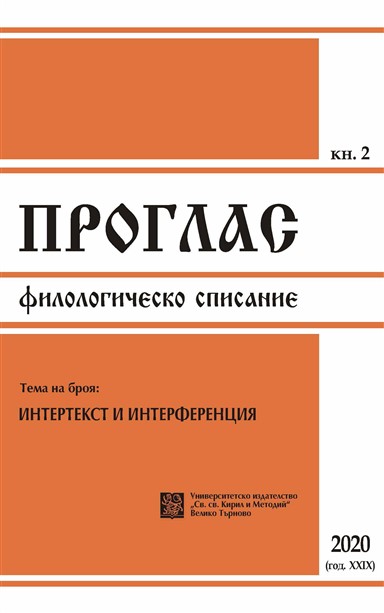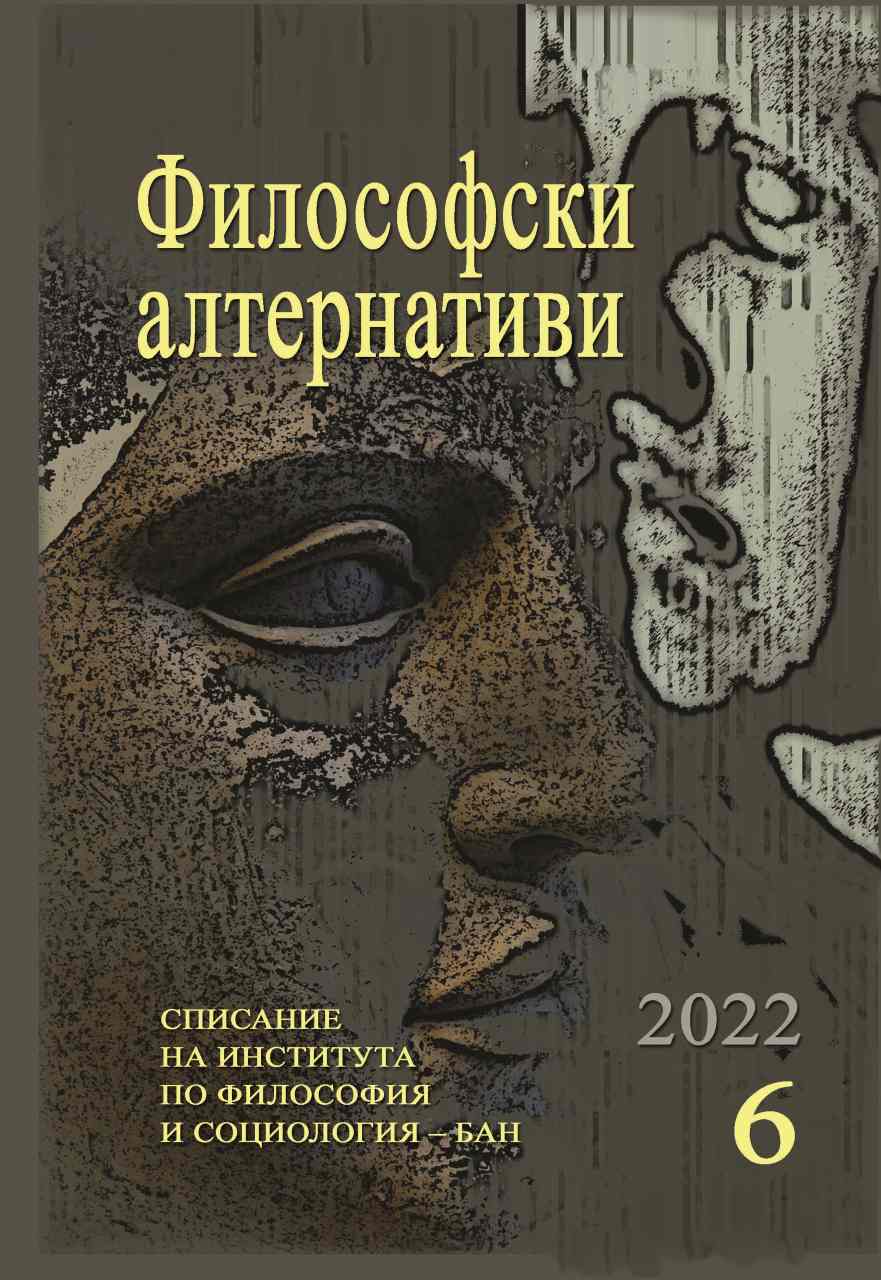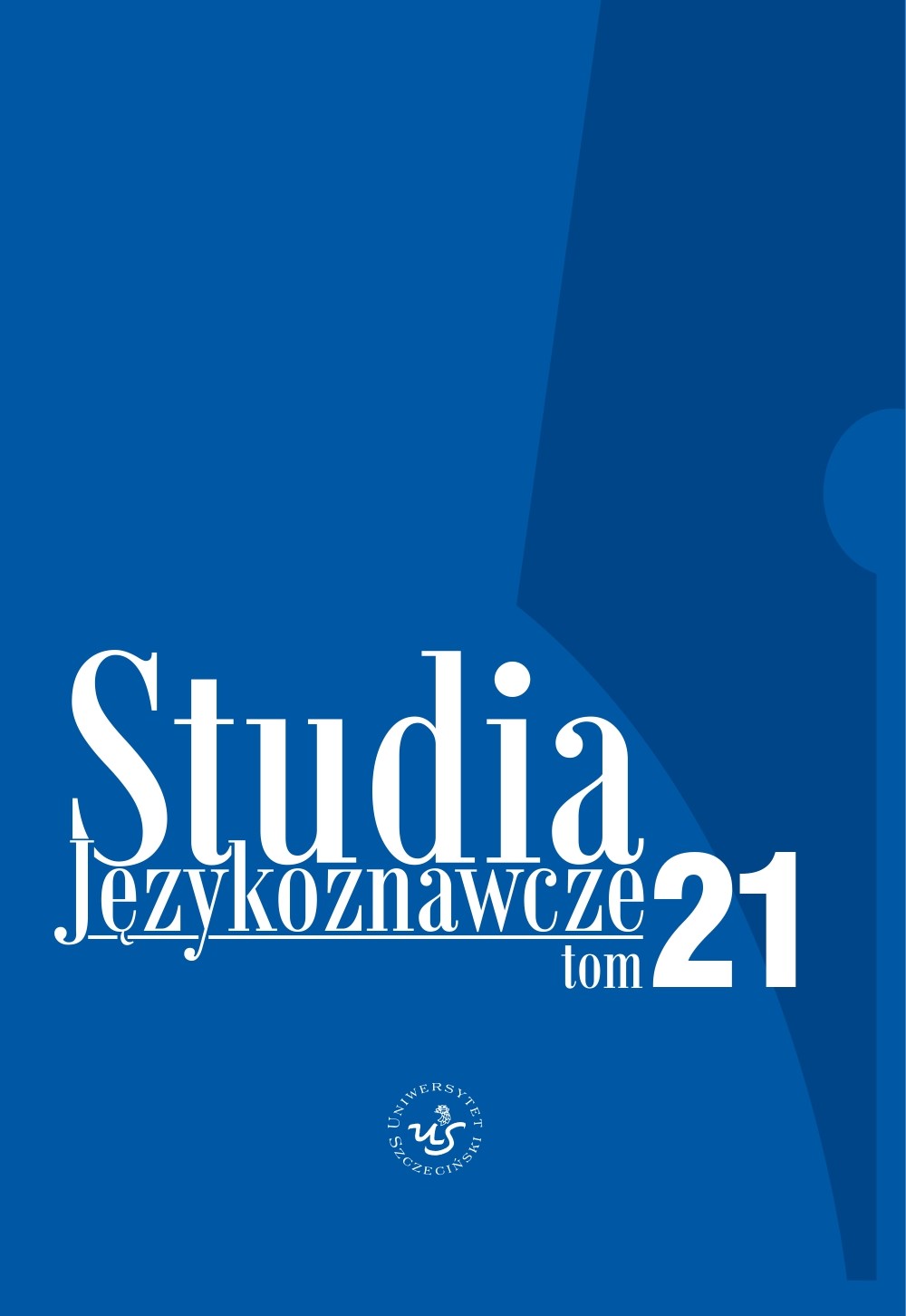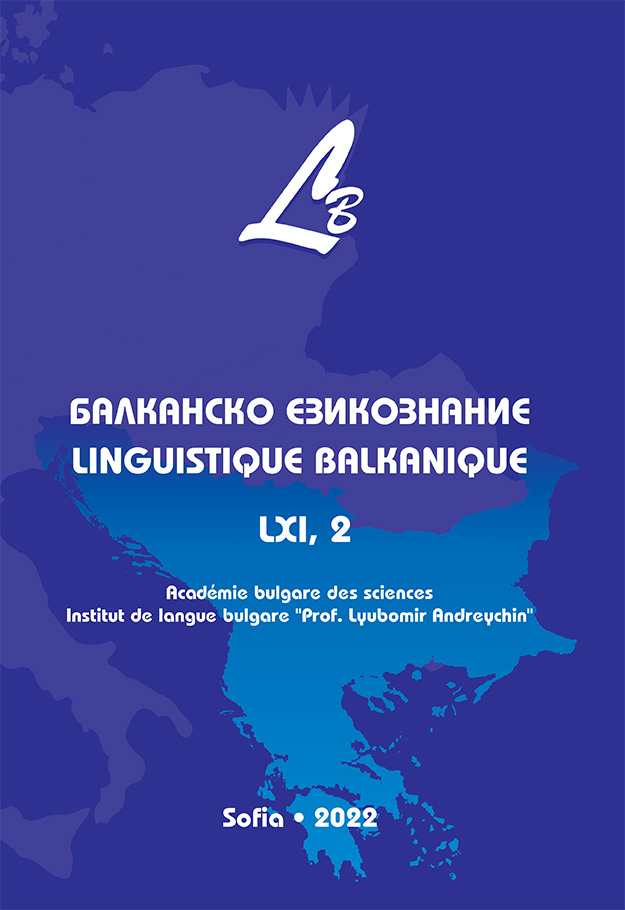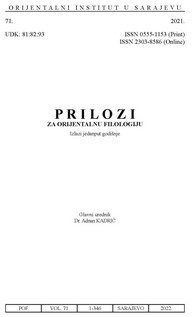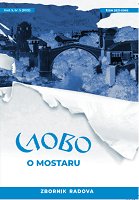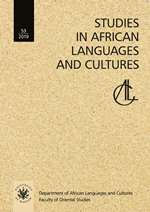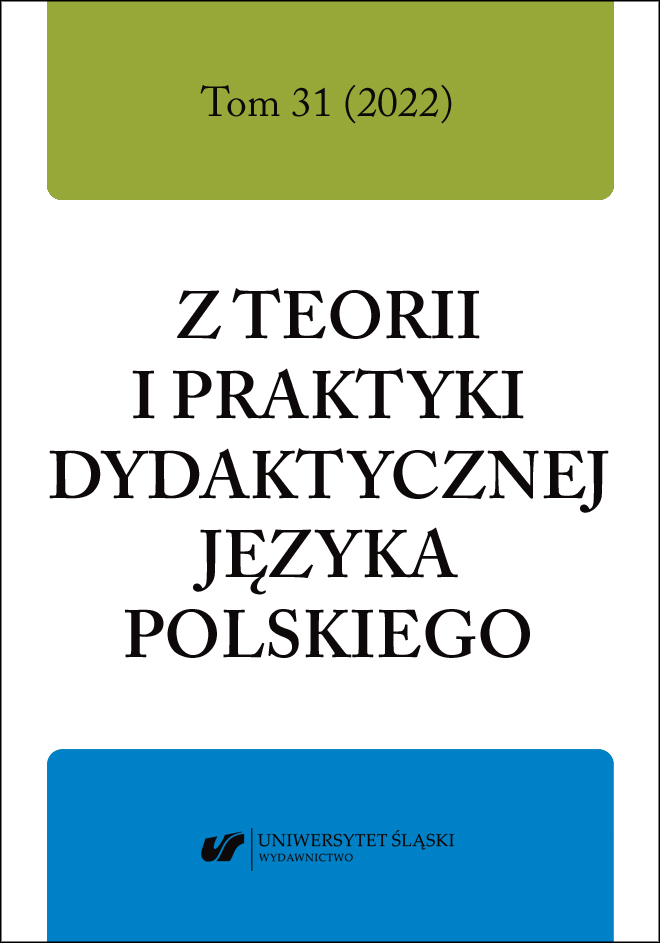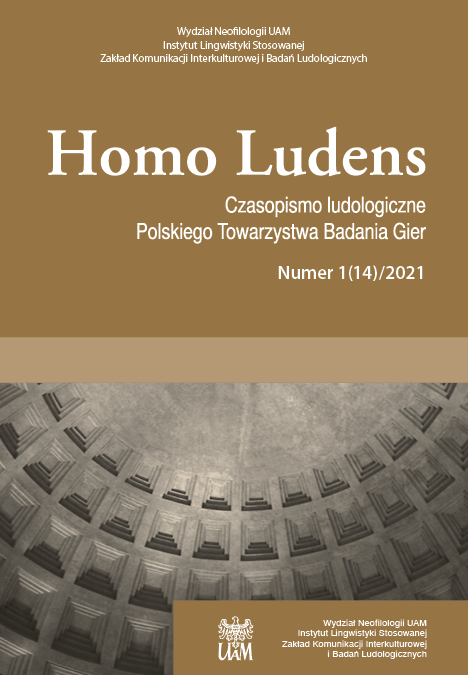Author(s): Sabaheta Gačanin,Emrah Seljaci,Fuad Ohranović,Merisa Đido,Esad Duraković,Sabina Bakšić,Vedad Hurić / Language(s): Bosnian
Issue: 71/2022
Review of:
Esad Duraković - Amra Mulović, DISKURSNA ANALIZA GOVORA PREDSJEDNIKA SVRGNUTIH TOKOM ARAPSKOG PROLJEĆA, Centar za napredne studije, Sarajevo, 2020, 245 str.
Vedad Hurić - Amira Trnka-Uzunović, ARAPSKI VEZNICI I NJIHOVA SEMANTIKA U KURʼANU, Fakultet islamskih nauka i El-Kalem, Biblioteka monografije 20, Sarajevo, 2020, 227 str.
Sabina Bakšić - Ekrem Čaušević, Barbara Kerovec, TURSKI I HRVATSKI U USPOREDBI I KONTRASTIRANJU: SINTAGMA I JEDNOSTAVNA REČENICA, Ibis grafika, Zagreb, 2021,
319 str.
Esad Duraković - Madžida Mašić, POETIKA GAZELA U DIVANU AHMEDA TALIBA BOŠNJAKA, Univerzitet u Sarajevu – Orijentalni institut, Posebna izdanja LXIV, Sarajevo, 2021, 234 str.
Merisa Đido - Munir Drkić, OSNOVE PERZIJSKOG JEZIKA – GRAMATIKA SA VJEŽBAMA, Univerzitet u Sarajevu – Filozofski fakultet, Kulturni centar Ambasade IR Iran u BiH, Sarajevo, 2021, 185 str.
Fuad Ohranović - Vjeran Kursar, Nenad Moačanin, Kornelija Jurin Starčević (eds.), EVLIYA ÇELEBI IN THE BORDERLANDS: NEW INSIGHTS AND NOVEL APPROACHES TO THE SEYAHATNAME (WESTERN BALKANS AND IRAN SECTIONS), Srednja Evropa, Zagreb 2021, 230 str.
Emrah Seljaci - Alma Omanović-Veladžić, HRONIKA MUHAMEDA ENVERIJA KADIĆA KAO IZVOR ZA IZUČAVANJE KULTURNE HISTORIJE BOSNE I HERCEGOVINE, Univerzitet u Sarajevu - Orijentalni institut, Posebna izdanja LXV, Sarajevo 2021, 755 str.
Sabaheta Gačanin - Mubera Bavčić i Lamija Hatibović, BIBLIOGRAFIJA IZDANJA ORIJENTALNOG INSTITUTA 1950. – 2020. / BIBLIOGRAPHY OF PUBLICATIONS OF THE INSTITUTE FOR ORIENTAL STUDIES 1950 - 2020, Posebna izdanja LXVI, UNSA OIS, Sarajevo 2021, 400 str.
More...

